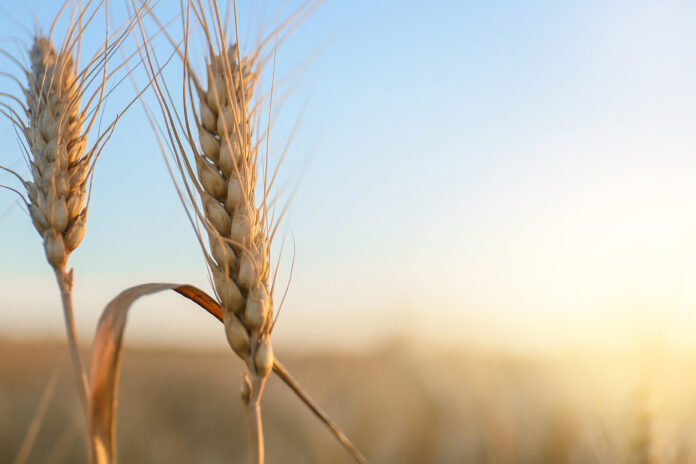Pakistan is food insecure. This means that people can’t access the food they need to live their fullest lives. Even though a lot of households might have access to food, there is a severe lack in the quality and quantity which leads to issues of malnutrition and a population that is growing weak, unhealthy, and inefficient.
This is despite the fact that Pakistan is ranked 8th in producing wheat, 10th in rice, 5th in sugarcane, and 4th in milk production. Even these figures are there thanks to Pakistan’s land being arable, its farmers being seasoned experts in staple crops, and there being enough room and fertility in the land to grow these crops despite the lack of farm mechanisation.
It is a sad state of affairs, but there is an opportunity to be found in this. Pakistan has the basic building blocks to let agriculture thrive. But to get to this point, we need to begin by understanding the scale of the problem, identifying the key factors that hold this country’s agriculture back, and mapping a clear path of action that does not involve the government. The content in this publication is expensive to produce. But unlike other journalistic outfits, business publications have to cover the very organizations that directly give them advertisements. Hence, this large source of revenue, which is the lifeblood of other media houses, is severely compromised on account of Profit’s no-compromise policy when it comes to our reporting. No wonder, Profit has lost multiple ad deals, worth tens of millions of rupees, due to stories that held big businesses to account. Hence, for our work to continue unfettered, it must be supported by discerning readers who know the value of quality business journalism, not just for the economy but for the society as a whole.To read the full article, subscribe and support independent business journalism in Pakistan
























